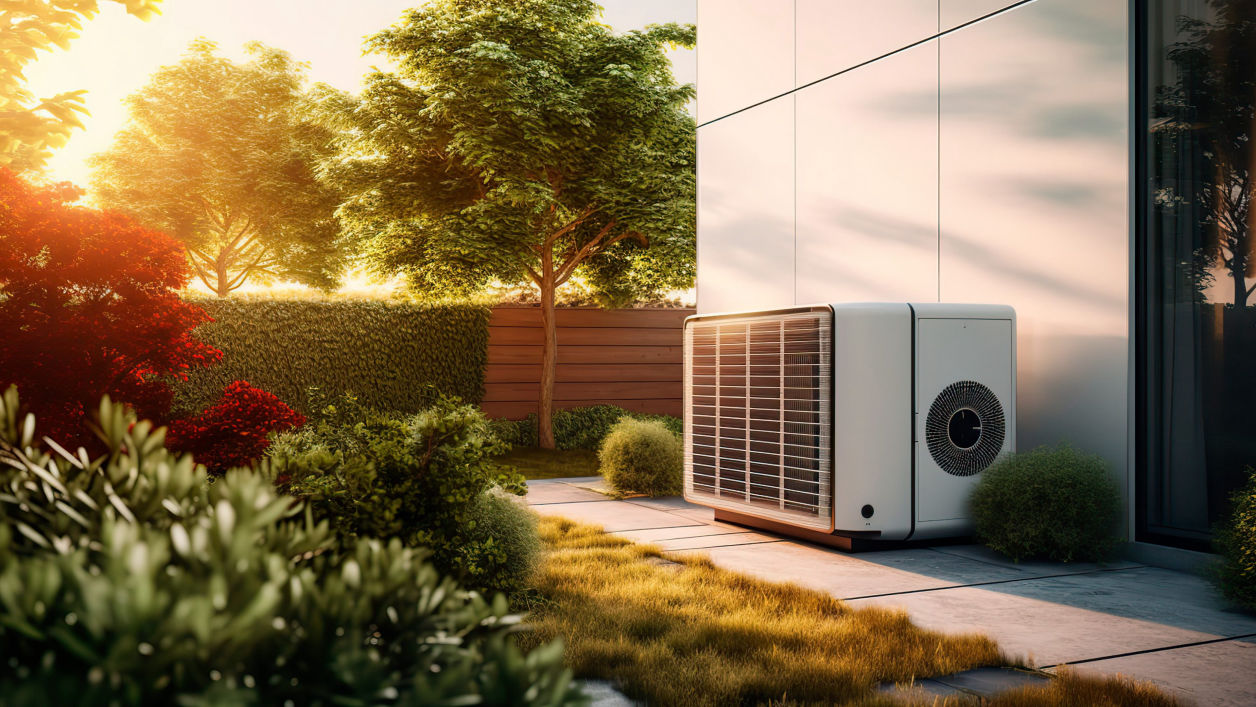How Heat Pumps Work: A Sustainable Heating and Cooling Solution
Heat pumps operate by transferring heat from one area to another, either from outside to inside during the colder months or vice versa during the warmer months. Unlike conventional heating and cooling systems that rely on burning fossil fuels or electricity to generate heat, heat pumps move heat using a small amount of electricity. This process is not only highly energy-efficient but also reduces the need for harmful emissions associated with traditional HVAC systems.
Energy Efficiency and Reduced Greenhouse Gas Emissions
One of the most significant environmental benefits of heat pumps is their energy efficiency. Since they don't need to generate heat but instead transfer it, they consume far less electricity compared to other systems. This reduction in energy usage translates into lower greenhouse gas emissions, which are a primary contributor to climate change. By using a heat pump, homeowners can drastically cut their energy consumption and carbon footprint.
Transitioning to Renewable Energy Sources
Heat pumps pair exceptionally well with renewable energy sources such as solar or wind power. By integrating a heat pump with a solar panel system, homeowners can achieve a fully sustainable, low-emission solution for heating and cooling. This transition not only reduces dependence on non-renewable energy but also contributes to a cleaner and greener energy grid.
Minimal Environmental Impact Through Reduced Resource Consumption
Traditional heating and cooling systems require significant resources for production, maintenance, and fuel consumption. Heat pumps, on the other hand, have fewer mechanical components and require less energy to operate. Their long lifespan and low maintenance needs mean fewer resources are used over time, resulting in less waste and environmental degradation.
Reducing Air Pollution with Heat Pump Technology
Conventional HVAC systems, particularly those that rely on natural gas, oil, or coal, release pollutants such as carbon dioxide, sulfur dioxide, and nitrogen oxides into the air. These emissions contribute to air pollution and have a harmful impact on public health. Heat pumps eliminate or drastically reduce these emissions, helping to improve air quality both locally and globally. By making the switch to heat pump technology, you are contributing to cleaner air and healthier communities.
Economic and Environmental Benefits of Heat Pumps in Urban and Rural Areas
Heat pumps are not just for homeowners in suburban or urban areas—they offer incredible benefits for rural communities as well. In fact, they can play a critical role in reducing reliance on fossil fuels in areas that traditionally depend on oil or propane for heating. This shift can lead to a significant reduction in carbon emissions and provide rural residents with more affordable, sustainable heating options.
Supporting the Transition to a Carbon-Neutral Future
As governments and organizations around the world set ambitious targets for reducing carbon emissions, heat pumps are poised to be a critical component of the transition to a carbon-neutral future. By adopting heat pumps, individuals can support larger climate goals while enjoying the personal benefits of lower energy bills and a more comfortable living environment. As more homes switch to heat pumps, the collective reduction in carbon emissions can have a significant impact on global efforts to combat climate change.
